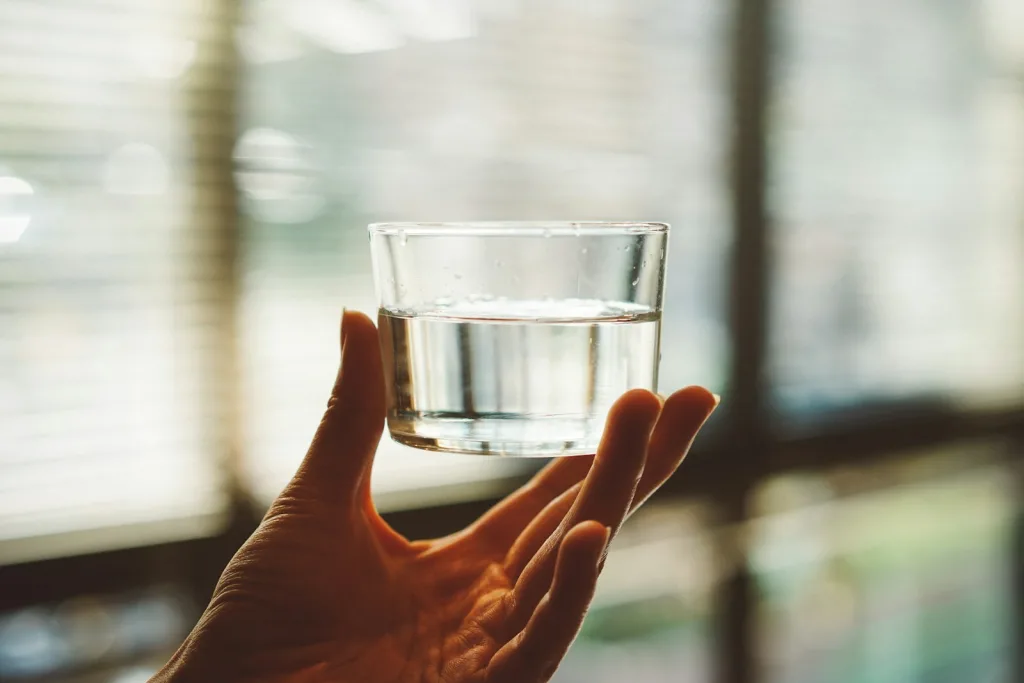
Water is the foundation of life, essential not only for survival but for maintaining optimal health. This article delves into the crucial role that water plays in various bodily functions and explores the health benefits of staying adequately hydrated. Understanding the importance of water consumption can help you make informed choices about your daily hydration habits.
The Role of Water in the Human Body
Water makes up about 60% of the human body and is critical for numerous physiological processes, including:
- Regulation of Body Temperature:
- Water’s thermal properties and the ability to release heat from the body when sweat evaporates from the skin surface help maintain a stable internal body temperature.
- Transportation of Nutrients and Oxygen:
- Water is a major component of blood, which carries oxygen and essential nutrients to cells and removes waste products.
- Digestion and Elimination:
- Water aids digestion by forming stomach secretions, helping to dissolve nutrients so that they can be absorbed more easily. It also prevents constipation by softening stools and supporting regular bowel movements.
- Lubrication and Protection:
- Water lubricates joints and acts as a shock absorber for the brain, spinal cord, and even the fetus by forming amniotic fluid around it.
Health Benefits of Proper Hydration
- Enhanced Physical Performance:
- Adequate hydration contributes to optimal physical performance. Dehydration can lead to reduced endurance, increased fatigue, altered thermoregulatory capability, and increased perceived effort.
- Improved Brain Function:
- Hydration status affects brain structure and function. Mild dehydration (1-3% of body weight) can impair mood, memory, and brain performance.
- Detoxification:
- Water helps to flush toxins from the body through urination and perspiration. It also helps in the detoxification of the liver and kidneys.
- Weight Management:
- Drinking water can aid weight loss. It increases satiety and boosts metabolic rate, often leading to reduced calorie intake when consumed before meals.
- Skin Health:
- Adequate hydration helps to keep skin hydrated and may promote a healthy glow and elasticity.
How Much Water Should You Drink?
The amount of water a person needs can vary based on age, sex, weight, health status, and physical activity level, as well as environmental conditions such as altitude and temperature. The U.S. National Academies of Sciences, Engineering, and Medicine determined that an adequate daily fluid intake is:
- About 3.7 liters (125 ounces) for men
- About 2.7 liters (91 ounces) for women
This intake includes fluids from water, other beverages, and food. About 20% of daily fluid intake usually comes from food and the rest from drinks.
Tips for Increasing Water Intake
- Carry a Water Bottle:
- Having water within reach at all times can significantly increase your likelihood of drinking it throughout the day.
- Flavor Your Water:
- If you find plain water boring, add a slice of lemon, lime, cucumber, or a splash of fruit juice for flavor.
- Drink Water Before Every Meal:
- Consuming a glass of water before eating can help prevent overeating and promotes better digestion.
- Use an App to Track Your Intake:
- Several apps are available to help you track how much water you drink and remind you to stay hydrated.
Conclusion
Water is a vital nutrient that impacts nearly every aspect of health. By understanding and embracing the importance of water consumption, you can improve your overall health, from physical performance and brain function to digestion and complexion.